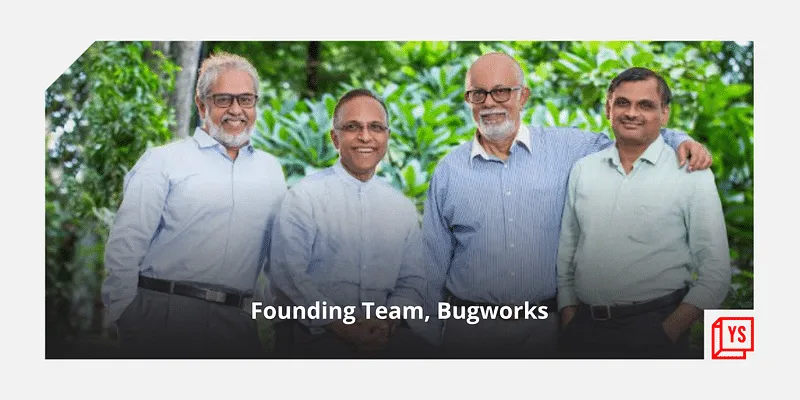Deep science incubator C-CAMP sees 7 startups raise $70M in 4 months
Bengaluru-based deep science campus C-CAMP has announced a landmark fundraising that took its incubated startups' overall investment raised to more than $250 million.
The Centre for Cellular and Molecular Platforms () has announced that seven of its incubated deep science startups have raised over $70 million since the turn of the financial year (April-July 2022).
All seven have been associated with C-CAMP for over a decade, with some still on campus while others have set up shop as far away as Boston. While three companies raised Series B rounds, one received a strategic investment from a pharmaceutical giant.
raised $20 million led by Woodside Energy Group, among others. The company works on converting methane, a potent greenhouse gas, into products for animal nutrition, crop inputs, and biodegradable polymers.
raised $18.5 million led by BASF Venture Capital and other investors. The startup has built a proprietary large-scale method of cultivating seaweed, which can be used to build environmentally friendly products for agriculture, animal health, food, bioplastics, and renewable chemicals.
has raised $18 million led by Lightrock and other investors. It is developing and testing a new broad-spectrum anti-bacterial drug. There has not been a new drug innovation in the space worldwide since the 1960s, according to C-CAMP director Dr Taslimarif Saiyad.

has earned a strategic investment to the tune of Rs 25 crore for 21.05% of the company's stake from pharma giant Cipla. It is building rapid, quantitative diagnostic tests.
Other C-CAMP companies which raised money in the last few months include cancer-immune therapeutics firm Zumutor ($6.2 million), stem cell development startup Eyestem ($6.4 million), and 3D tissue printing platform Pandorum ($4.8 million).
"These early-stage innovation bets have started coming to fruition, which is exciting for their science as well as India’s deep-tech innovation space," said Dr Saiyed. "Together, these seven stars are addressing humanity’s most pressing problems in healthcare, agriculture, and environment."
Edited by Kanishk Singh








